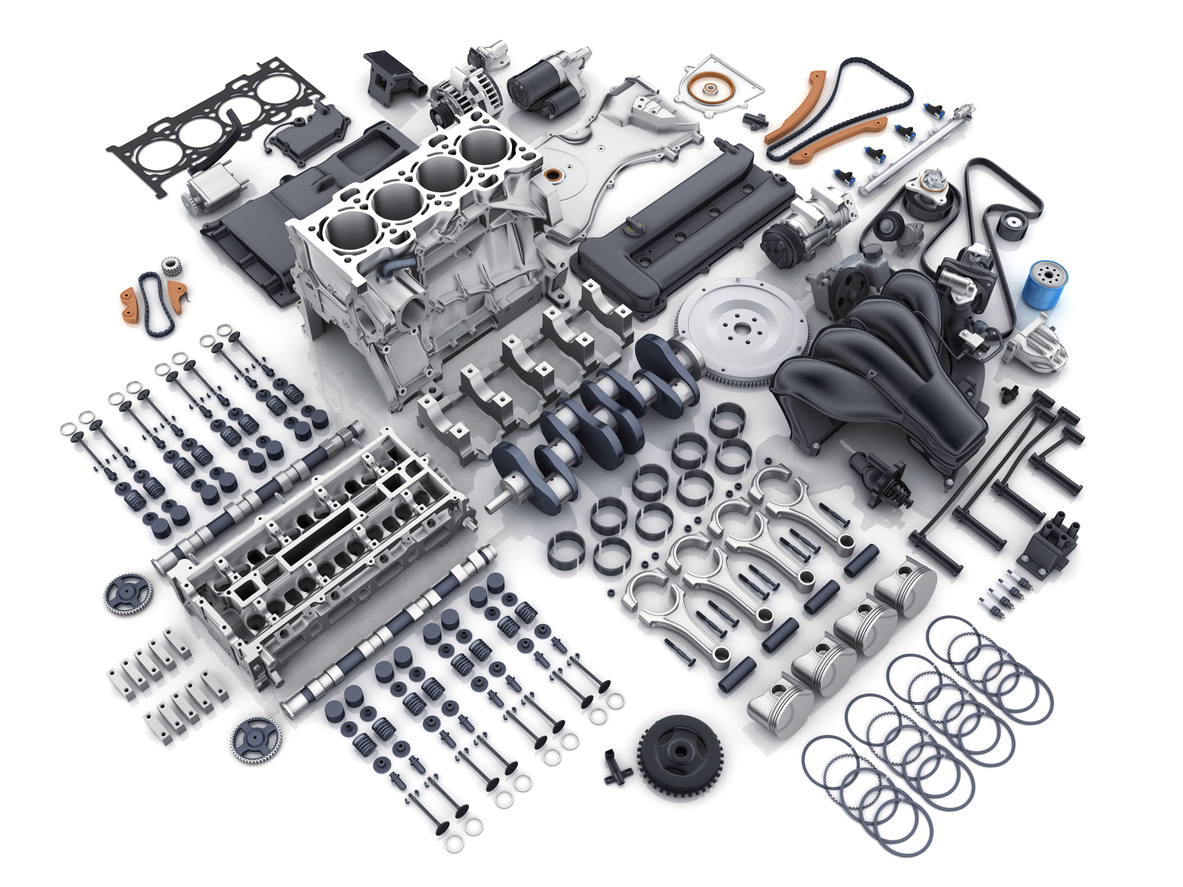How Can You Import Industrial Fatty Acids, Oils and Alcohols From Nigeria?
How Can You Import Industrial Fatty Acids, Oils and Alcohols From Nigeria?
Trade between Nigeria and other countries has been in existence for a long time. However, the trade between Nigeria and the rest of the world is not balanced. A lot of Nigerian imports are more expensive than their exports. For instance, in March 2018, Nigerian exports were valued at $3.89 billion while imports were valued at $10.04 billion. The importation of industrial fatty acids oils and alcohols from Nigeria is one area that needs to be looked into more carefully because it’s an import that is very costly to the country.
Nigeria needs to find its own balance in order to become economically stable in the future, which will in turn make it a better place to live in for all Nigerians.
Nigeria’s Imbalance in Trade
Nigeria’s trade imbalance is one of the reasons for the current economic situation in Nigeria. Nigeria imports more goods than it exports. Nigeria imports industrial fatty acids oils and alcohols from other countries to produce goods for the country. The importation of industrial fatty acids oils and alcohols from Nigeria is an area that needs to be looked into more carefully because it’s an import that is very costly to the country.
Nigeria needs to find its own balance in order to become economically stable in the future, which will in turn make it a better place to live in for all Nigerians.
The Importance of Industrial Fatty Acids, Oils and Alcohols
The importation of industrial fatty acids oils and alcohols from Nigeria is one area that needs to be looked into more carefully because it’s an import that is very costly to the country.
It is important to note that the importation of these raw materials is not only expensive to Nigeria but also to the countries that export them. For example, should Nigeria want to import palm oil, the cost of it would be much higher than if Nigeria sourced the palm oil locally. This is not only due to the cost of transportation but also because of the cost of packaging.
One way Nigeria can become more competitive is by developing its export industry. The need for Nigeria to export more will increase its competitiveness. It will be able to source these materials at a lower price. The other option is for Nigeria to produce these products locally. This will reduce the cost of getting these products for Nigerians, which will make it more affordable.
Nigeria should also consider importing these products from other West African countries, which will make it easier for them to be competitive with other West African countries as well as those in East Africa.
How You Can Import Industrial Fatty Acids, Oils and Alcohols From Nigeria
There are many Nigerian companies that import industrial fatty acids, oils and alcohols from Nigeria. The issue is that the importing companies are not able to get the items at the right price. The importation of industrial fatty acids, oils and alcohols from Nigeria is very costly for Nigerian companies.
The Nigerian government needs to work with the importing companies to see how they can import industrial fatty acids, oils and alcohols from Nigeria more efficiently. There are many Nigerian companies that are eager to work with the government to import industrial fatty acids, oils and alcohols from Nigeria.
Conclusion
Nigeria has to find its own balance in order to become economically stable in the future, which will in turn make it a better place to live in for all Nigerians. The country needs to work towards boosting its export, which will help Nigeria to take control of its own economy.
Nigeria has the potential to become a leading superpower in the world if it can be stable economically. The government has to put policies in place that will help the country achieve that goal.







LEAVE A COMMENT
You must be logged in to post a comment.